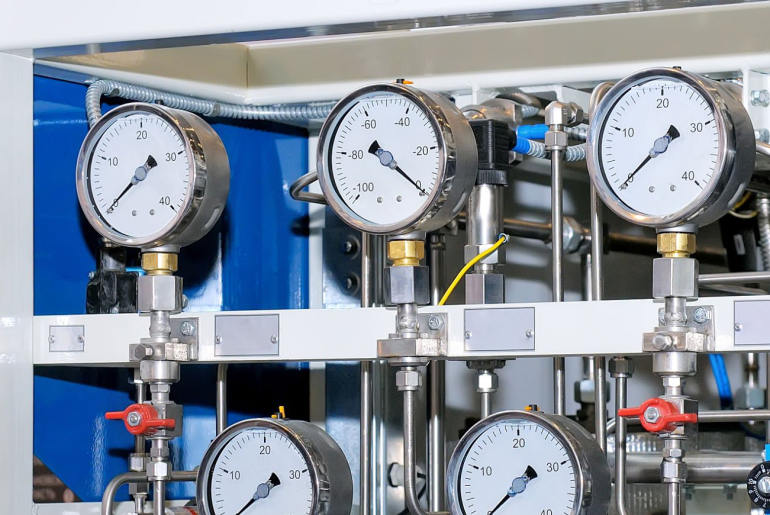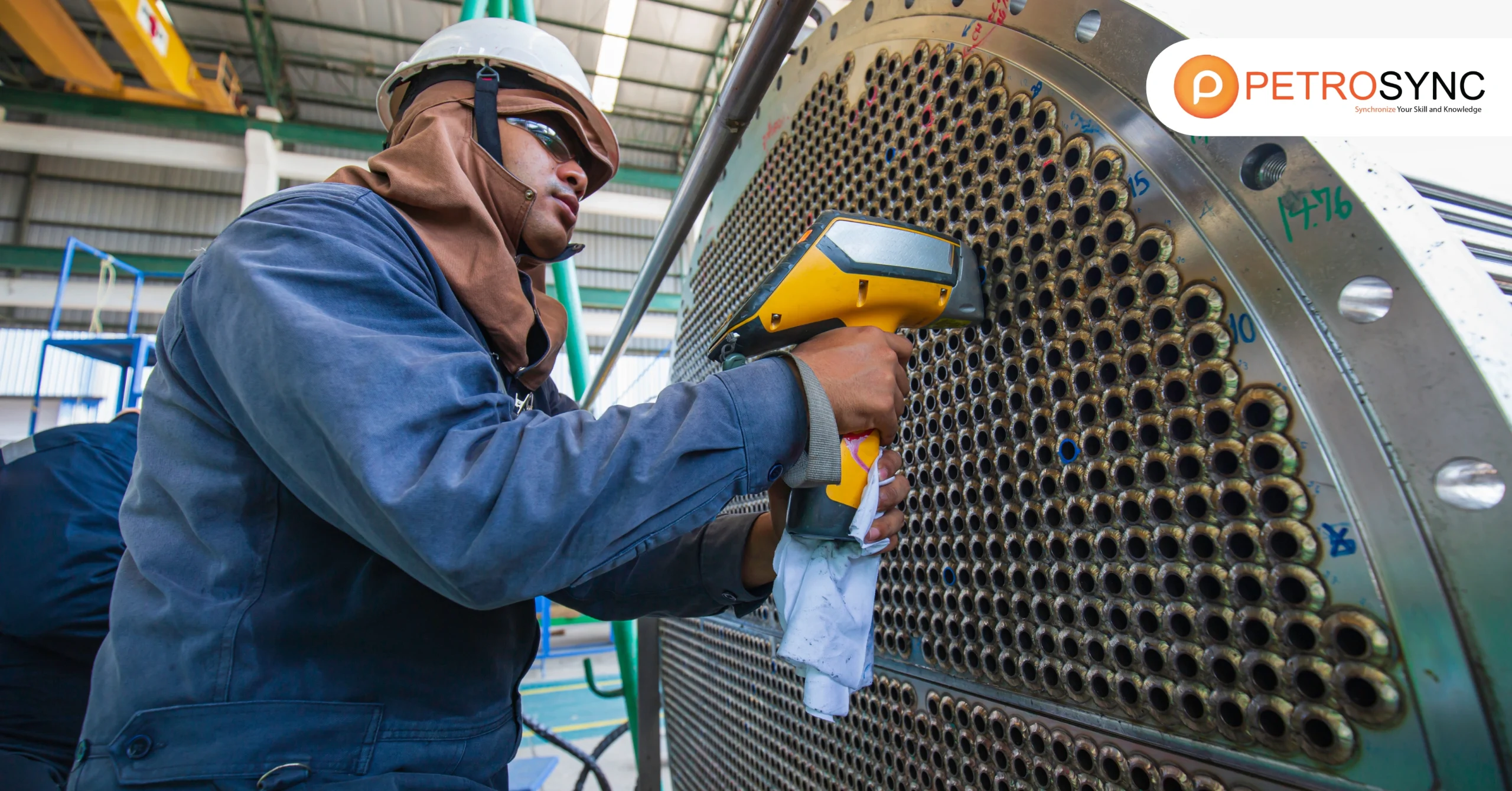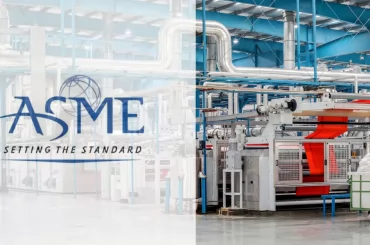Knowing about the different boiler type and where they are used is important for those working in industry or managing facilities. In this detailed article, we explore the various kinds of boilers and how they are used. Whether you’re in the process of choosing a new boiler or want to understand more about the ones in use, this guide aims to provide a clear and informative look into the world of boilers and their practical applications in different industries.
What Is Boiler?
A boiler, also known as steam generators, is a specialized appliance that generates heat to warm spaces or produce hot water—a closed vessel or arrangement of enclosed tubes in which water is heated to supply steam to drive an engine or turbine or provide heat.
Boil, in essence, burns fuel, often gas or oil, to create a stream of hot gases. These gases then pass through pipes or coils, transferring heat to water. The heated water or steam is circulated through a building, providing warmth or hot water for various purposes. Essentially, a boiler is a critical player in keeping our homes cozy and supplying us with hot water for daily needs.
What Are Some Types of Boiler?
1. Industrial Steam Boilers
The first boiler type is industrial steam boiler that are large, powerful devices designed to generate steam for various industrial processes—a heat exchanger that makes steam for outside usage and has a combustion chamber and water container. These boilers typically use a combination of water and heat-producing fuel to produce high-pressure steam.
The steam generated is then utilized to drive machinery or perform various industrial tasks requiring a significant amount of power. Industrial steam boilers play a crucial role in manufacturing, power generation, and other large-scale industries, providing the energy needed to drive engines, turbines, and heating systems.
2. Industrial Hot Water Boilers
Industrial hot water boilers are robust heating systems designed to produce hot water for large-scale applications and apply heat energy to water to create hot water and steam for various industrial applications. These boilers use a combination of fuel and a heat exchanger to efficiently heat water, meeting the substantial hot water demands of industrial processes.
Unlike steam boilers that produce steam for various uses, industrial hot water boilers specifically focus on delivering hot water.
3. Water-tube Boilers
Water-tube boilers are a type of boiler that uses water that is circulated through tubes that are surrounded by hot combustion gases and are distinguished by their structure and efficient heat transfer mechanisms.
In this boiler type, water circulates through tubes exposed to heat, often generated by burning fuel. This design allows for quicker steam generation and efficient heat transfer. Unlike fire-tube boilers where hot gases surround the tubes containing water, water-tube boilers reverse this setup.
4. Waste Heat Recovery Boilers
Waste Heat Recovery Boilers are specialized systems designed to capture and utilize excess heat generated in industrial processes. This device uses the heat from waste gases to generate steam or hot water. In various industries, a considerable amount of heat is produced but often goes unused.
The boilers efficiently tap into this surplus heat, converting it into useful energy like steam or hot water. By doing so, they enhance overall energy efficiency, reduce waste, and contribute to a more sustainable industrial environment. Waste Heat Recovery Boilers are crucial in harnessing untapped thermal energy.
5. Firetube Boilers
Fire Tube-type Boiler is a boiler type in which hot gases pass from a fire through one or (many) more tubes running through a sealed container of water, known for their straightforward design and efficient heat transfer. In these boilers, hot gases pass through water tubes, creating steam for various applications.
The combustion process occurs within the tubes, surrounded by water, allowing for effective heat transfer. Fire Tube-type Boilers are commonly used due to their simplicity and reliability. They find applications in both industrial and commercial settings, providing a dependable steam source for heating or powering machinery.
6. Coal-fired Boilers
Coal-fired boilers are a type of boiler that uses coal and firewood as fuel, generating thermal energy by burning pulverized coal. The coal is blown into the firebox, and these boilers usually operate with 3-3.5% O2 (about 20% excess air). In these boilers, coal is burned to produce heat, which is then used to generate steam or hot water for heating purposes.
Coal-fired boilers have been widely used for years, particularly in industrial settings. Despite advancements in cleaner energy sources, coal-fired boilers remain in operation, especially in regions where coal is abundant and cost-effective. However, concerns about environmental impact and emissions have led to the development of cleaner and more sustainable alternatives in recent times.
7. Oil and Gas Boilers
Oil and gas boilers are heating systems that use oil or natural gas as fuel to generate heat, making them common choices for residential and industrial heating needs. These boilers function by burning the fuel to produce heat, which is then used to generate steam or hot water for heating purposes.
Oil and gas boilers are known for their efficiency and versatility, offering a reliable and convenient solution for providing warmth and hot water in various applications, catering to the diverse requirements of different users.
8. Biomass-fired Boilers
Biomass-fired boilers are a type of heating system that utilizes organic materials, such as wood pellets or agricultural residues, as fuel. This machine converts biomass and industrial waste into thermal energy. In these boilers, biomass undergoes combustion to produce heat, which is then used to generate steam or hot water for heating purposes.
Biomass-fired boilers are recognized for their sustainability, as biomass is a renewable energy source. Biomass-fired boilers are vital in promoting eco-friendly heating solutions, offering an alternative to traditional fossil fuels.
9. Electric Boilers
Electric boilers are heating systems that operate using electricity as their primary source of power—compact devices that use electricity to heat water without burning fossil fuels. In these boilers, electrical energy is converted into heat, which is then used to produce steam or hot water for heating purposes.
Electric boilers are known for their simplicity and ease of installation, making them suitable for various applications. They are often chosen for their efficiency and cleanliness, as they produce heat without the need for combustion.
10. Gas-fired Boilers
Gas-fired boilers are heating systems that use natural gas as their primary fuel source—a basic three-pass inside furnace smoke tubes model in which the flue gases are in the tubes, and water is located outside the tubes within the shell.
In this boiler type, natural gas undergoes combustion, producing heat that generates steam or hot water for heating purposes. Gas-fired boilers are widely adopted for their efficiency and convenience, providing reliable warmth in residential and commercial settings. They are recognized for their effectiveness in heating spaces and supplying hot water, making them a popular choice for various applications where natural gas is readily available.
11. Oil-fired Boilers
The last boiler type is oil-fired boiler. Oil-fired boilers are heating systems that utilize oil as their primary fuel source, used to generate steam by heating water using oil. In these boilers, oil undergoes combustion to produce heat, which is then used to generate steam or hot water for heating purposes.
Oil-fired boilers are known for their reliability and effectiveness in providing warmth in residential and commercial spaces. They are commonly chosen for their efficiency and compatibility with existing heating systems.
What Are The Application of Boiler?
1. Power Generation
In power generation, boilers are fundamental components of thermal power plants. The process begins with the combustion of fuel, such as coal, natural gas, or oil, in the boiler’s furnace. The heat produced transforms water into steam, and this high-pressure steam drives turbines connected to generators.
As the turbines spin, electricity is generated. Boilers are the heart of this process, providing the crucial steam needed to turn the turbines and produce electricity on a large scale.
2. Heating Systems
Boilers are essential for heating systems in various settings. In residential applications, boilers provide hot water for heating homes, ensuring a comfortable living environment. In commercial and industrial settings, boilers generate steam or hot water to heat large spaces efficiently.
The heated water or steam is then distributed through radiators, underfloor heating systems, or other heat exchangers, providing warmth throughout the designated area.
3. Industrial Processes
Many industrial processes depend on boilers to generate steam for specific applications. For instance, in manufacturing, steam is utilized for sterilization of equipment, drying processes, and chemical reactions.
Industries such as textiles, paper and pulp, and food processing rely on boilers to ensure precise temperature control and facilitate various production stages. Boilers contribute to the efficiency and consistency of these industrial processes.
4. Chemical Processing
Chemical plants utilize boilers for diverse purposes. Boilers provide the necessary heat for chemical reactions and play a role in distillation processes. They are essential for maintaining specific temperatures required for various chemical manufacturing processes.
Additionally, boilers assist in cooling processes, ensuring optimal conditions for chemical production and contributing to the overall efficiency and reliability of chemical processing plants.
5. Oil Refineries
Boilers are integral in oil refineries, where crude oil undergoes various processes to produce refined products. The high-temperature steam generated by boilers is used in distillation towers, cracking units, and reforming processes.
Boilers play a crucial role in maintaining specific temperatures and creating the conditions necessary for refining crude oil into valuable products such as gasoline, diesel, and other refined fuels.
6. Mining
In mining operations, boilers are employed for various tasks. Steam generated by boilers is often used for power generation in remote mining sites. Boilers also play a role in ore processing, where high-temperature steam is utilized for tasks like leaching, smelting, and refining.
Additionally, boilers contribute to the provision of heating for facilities in colder climates, ensuring a suitable working environment for mining operations. Boilers in mining operations are crucial for maintaining efficient and reliable processes in challenging conditions.
What Are Some Frequently Asked Questions (FAQs) of Boiler Types and Application?
1. How do boilers contribute to energy efficiency?
Boilers enhance energy efficiency by utilizing waste heat, optimizing combustion, and integrating modern control systems.
2. Which industries benefit the most from water-tube boilers?
Water-tube boilers find their niche in industries requiring high-pressure steam, such as power generation and chemical processing.
3. What are the key considerations when selecting an industrial boiler?
Choosing the right boiler involves evaluating factors like capacity, fuel efficiency, and adherence to industry regulations.
4. Can boilers be used for both heating and power generation?
Yes, many boilers are versatile, serving dual purposes in both heating applications and power generation processes.
5. How do advancements in boiler technology contribute to sustainability?
Modern boiler technologies incorporate features like condensing systems and renewable fuel sources, reducing environmental impact.
6. What role do boilers play in enhancing manufacturing precision?
Boilers provide precise temperature control crucial for manufacturing processes, ensuring product quality and consistency.
In conclusion choosing the right boiler types and emphasizing the significance of factors like capacity, fuel efficiency, and compliance for streamlined operations in various sectors is important. As industries evolve, the dynamic nature of boiler technology becomes apparent, highlighting the pivotal role these systems play in shaping efficient, sustainable, and innovative industrial practices.
You can further deepen your expertise through the ASME Section I Power Boilers Training by PetroSync. Our specialized training program equips you with the knowledge and skills necessary to navigate the intricacies of power boiler design, operation, and maintenance.
By enrolling in this comprehensive course, you will gain insights into ASME codes and standards, ensuring compliance and safety in your operational endeavors. Stay at the forefront of industry advancements and elevate your proficiency in managing power boilers with PetroSync!
Credit: iStock

SEO specialist by day, fact-checker by night. An avid reader and content writer dedicated to delivering accurate and engaging articles through research and credible sources.






